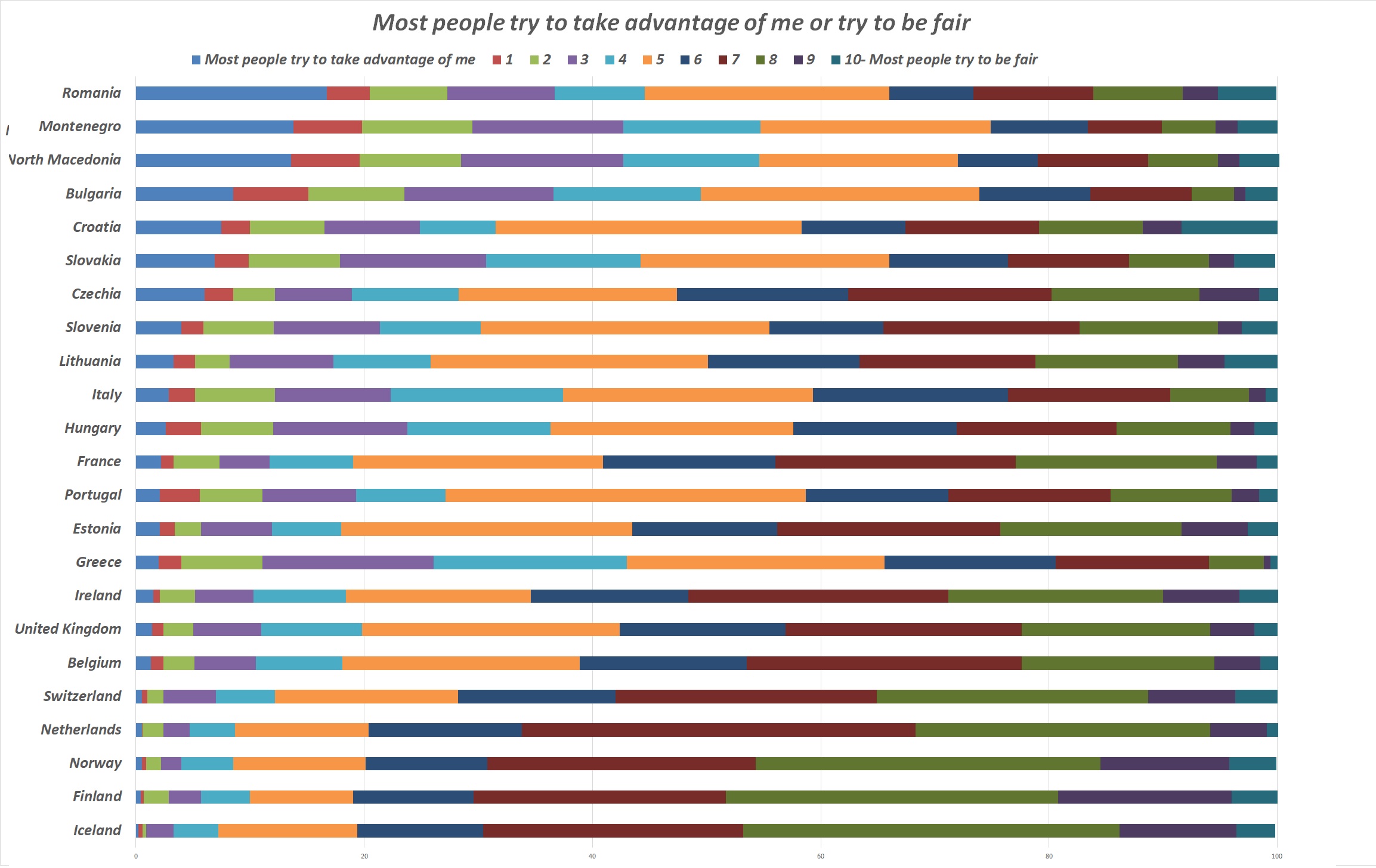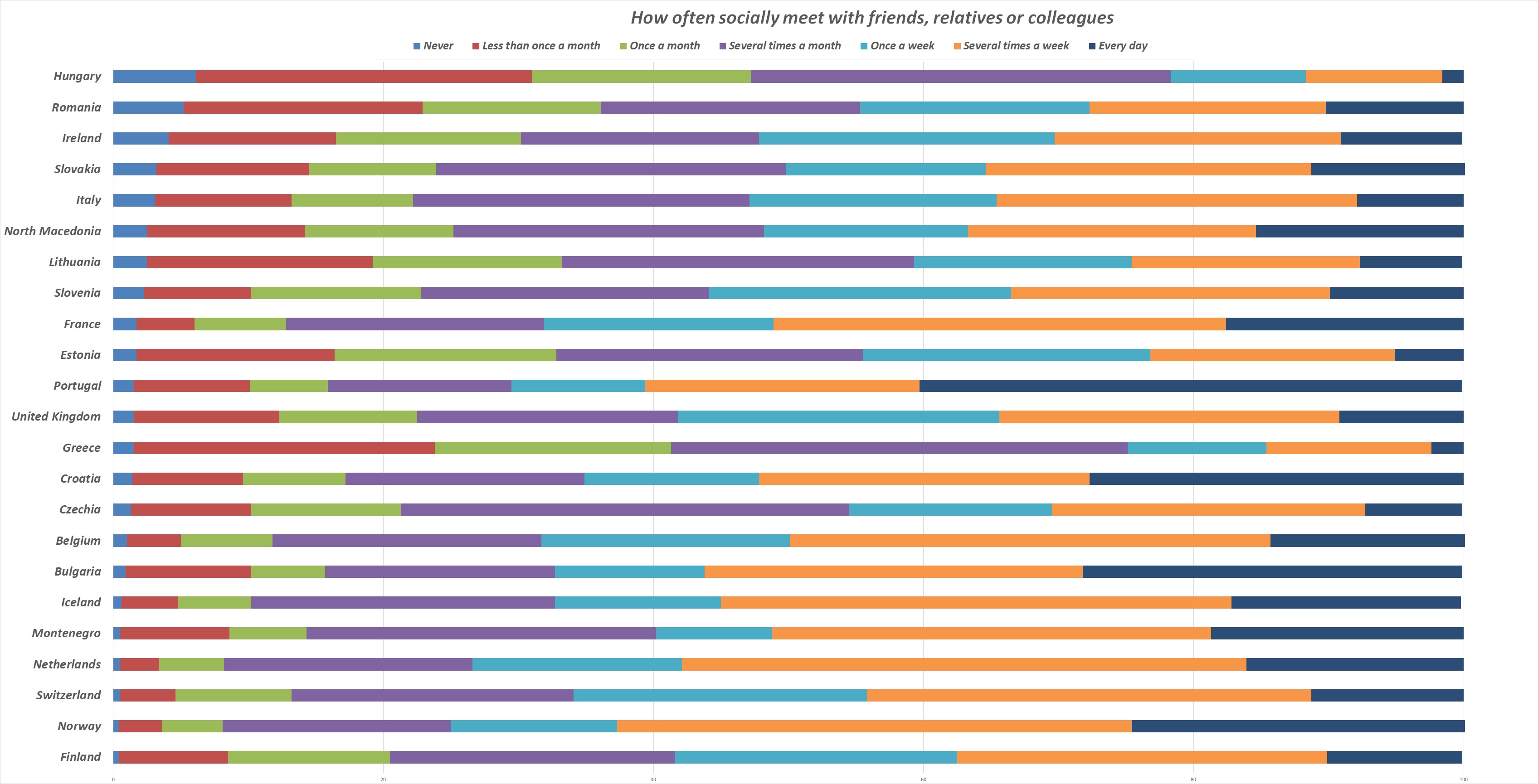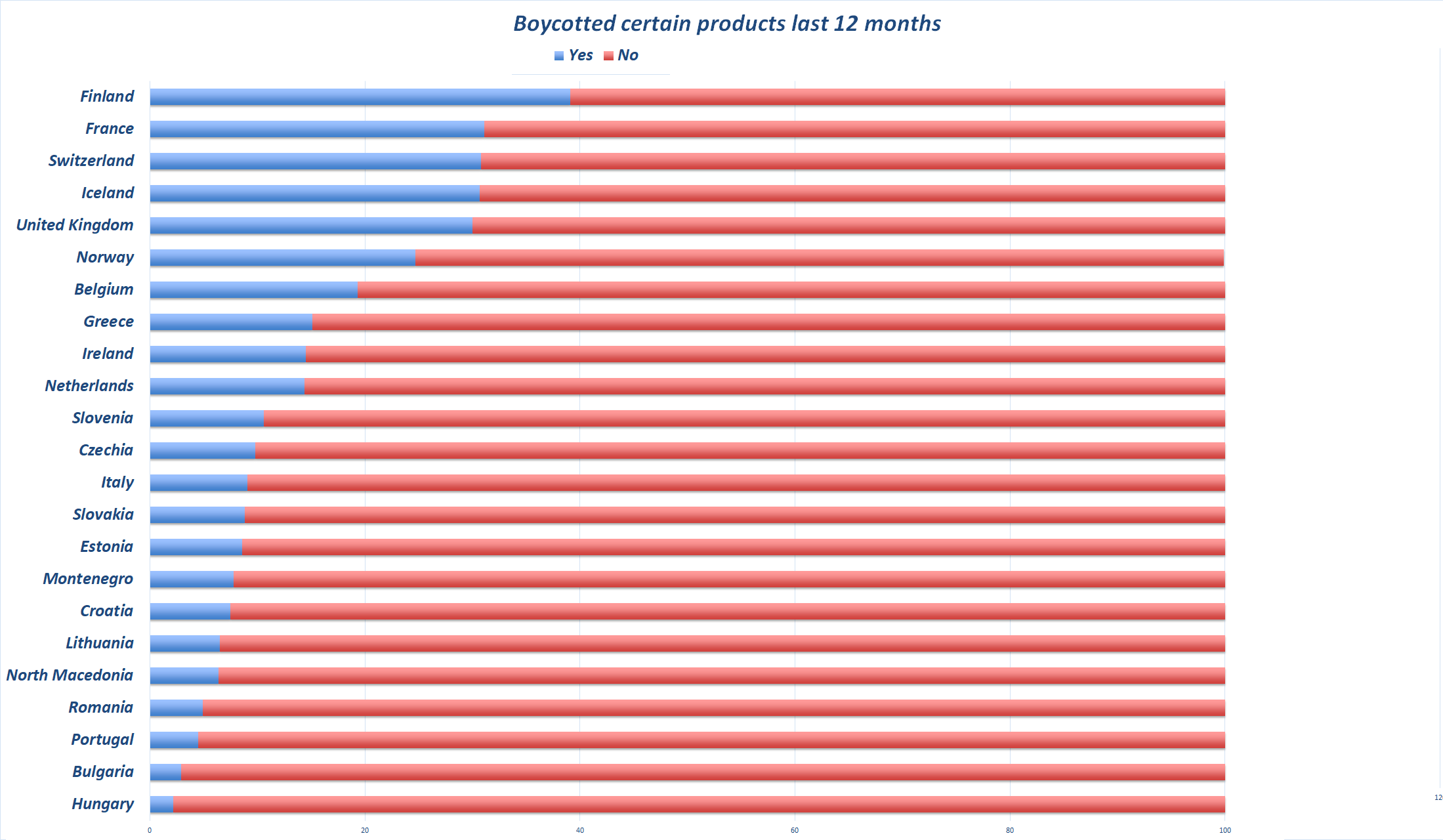
We have one of the lowest levels of trust in people among Europeans, and many of us believe that others just want to take advantage of us, according to a recent European survey. In addition, despite calls for a boycott of certain products or services, we are among the few compatriots who have participated in a real boycott in the last 12 months, European data also shows.
The European Social Survey dispels another myth: that Romanians spend a lot of time with friends or family to socialize.
Distrust of others is at the highest level in the EU

There are two big categories of trust: interpersonal, between people (between family members, between friends and acquaintances, to strangers) and trust in institutions, explains UBB rector, psychologist Daniel David.
What we know today is that our level of trust in institutions and compared to Western countries is much lower, but also that young people have a level of interpersonal trust 2-3 times higher than older people. In Romania, this is a risk, because today only institutions (government, administration) can make important decisions, says Daniel David.
According to the psychologist, Romanians trust the family a lot, which is a risk, as we tend to be less careful. But little trust in strangers, on the one hand, promotes social distancing, but hinders cooperation.
These days, there is a greater degree of confidence among young people, and this explains the numerous support initiatives and social mobilization, concludes David.
Below are the percentages who think people just want to use them:

And below is the frequency with which we go out to communicate:

Boycott exists only in social networks
Boycotts can be effective in raising awareness of certain issues or influencing company behavior, but their effectiveness can vary.
The success of a boycott depends on various factors, including the level of public support, the media, the response of the target company, and the specific goals of the boycott. While some boycotts have led to significant change, others may not achieve the desired results due to limited participation or various other factors.
For the first time, the National Institute of Statistics conducted a study on the participation of Romanians in protests or boycotts, and the findings are quite sad. “Over the past 12 months, the share of people who participated in active civil actions was 3.1%,” the report says.
Statistics link “active citizenship” to protests, including signing petitions, attending demonstrations, writing letters to the media, etc.
Despite the activities of active citizenship, people who did not take part in any of them cite the fact that they were not interested as the main reason, the Statistics study shows. Also, a constant part (about 20%) of the respondents referred to a lack of time.

According to the regions of Romania, the highest rates of participation in active civic activity were recorded in the Western (6.2%), North-Eastern (4.5%) and Central (4.2%) development regions.
Source: Hot News
Lori Barajas is an accomplished journalist, known for her insightful and thought-provoking writing on economy. She currently works as a writer at 247 news reel. With a passion for understanding the economy, Lori’s writing delves deep into the financial issues that matter most, providing readers with a unique perspective on current events.